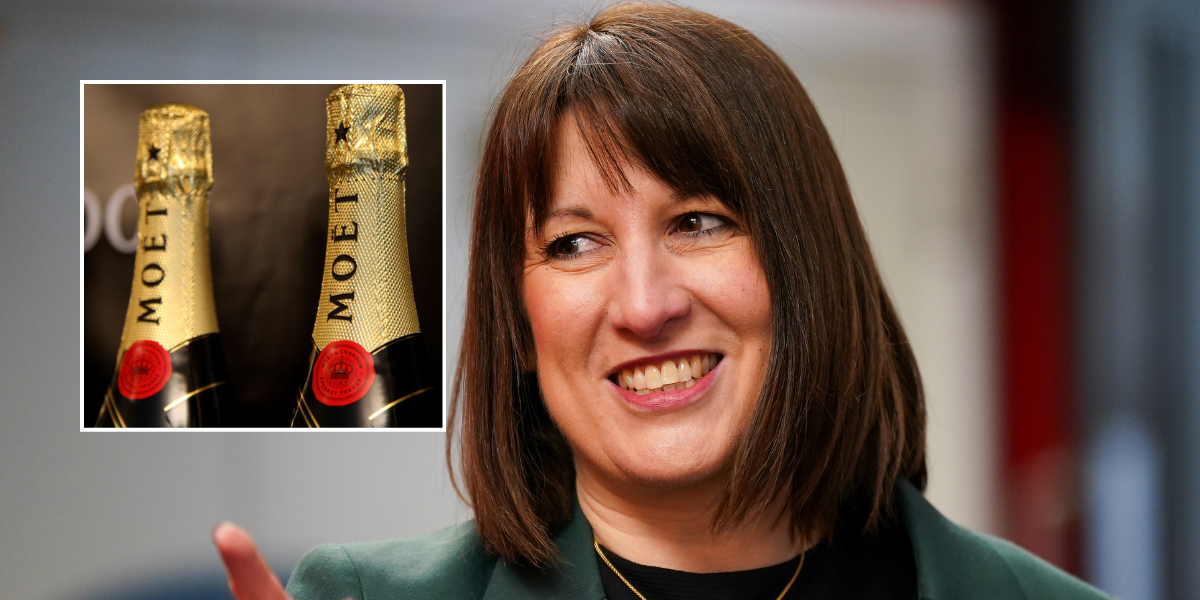Many people may find their National Insurance contributions do not count, which could cost thousands in retirement.
Some individuals may have gaps in their records due to low earnings while employed, or because they were unemployed and not claiming benefits.
Women aged 55-64 face a staggering £89,000 pension gap compared to men, new analysis reveals, as experts warn of a worsening crisis in retirement savings.
The gender pension gap has widened dramatically, jumping from 25 per cent in 2016 to 46 per cent in 2022 for women aged 45-54 with pension savings.
The disparity threatens to leave millions of women facing financial hardship in retirement, with many receiving significantly less than the full state pension of £221.20 per week.
Camilla Esmund senior manage at interactive investor said: “Women still face multiple and systemic hurdles when it comes to building pension wealth. They are more likely to work part-time or take time out of the workplace to care for loved ones.
This leads to “a lifetime of lower contributions and the potential for a smaller pension pot in retirement.”
Getting a state pension forecast is a crucial first step for women concerned about their retirement income
GETTY
Getting a state pension forecast is a crucial first step for women concerned about their retirement income, Esmund advised.
To receive the full state pension, individuals need 35 qualifying years of National Insurance contributions, or a minimum of 10 years for any state pension entitlement.
Esmund said: “If there are any gaps in your national insurance record, the sooner you can plug them, the better.”
This is particularly vital for those who have taken time out of work for childcare or elderly care responsibilities who were not claiming necessary benefits while being unemployed, or those who worked part time earning a low wage. These women may find their national insurance contributions have not counted towards their state pension entitlement.
If there was a time when someone did not pay enough National Insurance contributions or get enough National Insurance credits to give them a qualifying year, they may find they have a gap on their National Insurance record.
For example, they may have been:
- living abroad
- working but with low earnings (in 2024 to 2025 less than £123 a week)
- not working and not claiming any benefits
- self-employed but not paying National Insurance contributions because of small profits
If they weren’t paying National Insurance contributions, but were claiming benefits, including Child Benefit for a child under 12 (or under 16 before 2010), then they may have been getting National Insurance credits, and therefore not have a gap.
Claiming Child Benefit is vital for protecting state pension entitlement, even for those not eligible for payments.
Britons can get Child Benefit up to £60,000 in household earnings, with payments stopping entirely at £80,000. Those earning above this amount can still claim Child Benefit but opt out of receiving payments to secure valuable state pension credits.
Alice Guy, former head of pensions at interactive investor said: “Stay-at-home parents could boost their state pension income by an amazing £200,000 by the time they reach retirement age by claiming child benefit.”
At current rates, these credits are worth £329 per year, or £6,500 over a 20-year retirement. But when multiplied to the maximum years of credits until a child is 12, and adjusted for triple lock increases by the time of a future retirement, the figure is a lot higher, as II has calculated.
Their research found that a 30-year-old parent claiming child benefit for the first 12 years of a child’s life, who doesn’t work would be £201,500 better off during a 20-year retirement, factoring in triple lock state pension increases of at least 2.5 per cent a year, according to number crunching by Interactive Investor.
Britons can also make voluntary Class 3 National Insurance contributions to fill gaps in contribution records, with payments possible online or via bank transfer.
Voluntary National Insurance contributions can help people to protect their National Insurance record if they are not building their National Insurance record through working or receiving credits.
HMRC has extended the usual deadlines for making voluntary National Insurance contributions for the tax years from 2006 to 2016. They will have until April 5, 2023 to make the contributions.
The full state pension currently stands at £221.20 per week, though Esmund warns this “alone is unlikely to be enough to achieve a comfortable lifestyle.”
Women can take several practical steps to improve their pension outlook despite career breaks, experts advise.
“If you’ve spent years out of the workplace, you might feel your current savings are a bit light. To make up for lost time, consider topping up your savings,” says Camilla Esmund.
This can be done by increasing monthly contributions to workplace schemes or setting up a separate personal pension.











